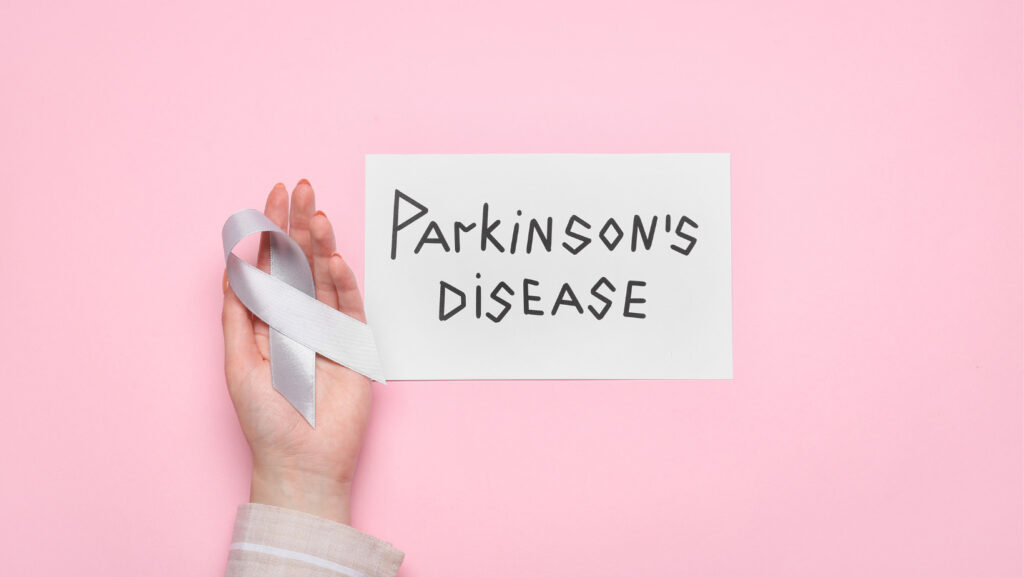Parkinson’s disease is a progressive neurological disorder that primarily affects movement, and it is known for symptoms such as tremors, stiffness, and slowed movements. A common question among those diagnosed with this disease or their loved ones is whether catching the disease early can lead to stopping its progression. This article explores the impact of early detection of Parkinson’s disease and the possibilities for managing its progression.

Parkinson’s disease is caused by the degeneration and death of neurons in the brain, particularly those in a region called the substantia nigra. These neurons produce dopamine, a neurotransmitter that plays a critical role in regulating movement and coordination. As dopamine levels decrease, it becomes harder for the body to control movement smoothly and effectively. The symptoms of Parkinson’s disease typically develop slowly and may start with a barely noticeable tremor in just one hand.
The importance of early detection
Early detection of Parkinson’s disease can be beneficial. While it is not possible to completely stop the disease once it has started, early diagnosis allows for earlier intervention, which can significantly affect the quality of life and the rate of progression. With early intervention, patients can begin treatment plans that may include medications, lifestyle adjustments, and physical therapy.
Detecting Parkinson’s disease at an early stage also enables more accurate monitoring of the disease’s progression, allowing healthcare providers to adjust treatments as needed before more severe symptoms develop. Furthermore, patients who are diagnosed early often have better outcomes in terms of managing the psychological impacts of the disease, as they can access support systems and counseling sooner.
Early detection also provides an opportunity for patients to participate in clinical trials. Such participation contributes to research that may lead to new treatments and a deeper understanding of the disease.
Therapeutic interventions
Currently, there is no cure for Parkinson’s disease, but a range of treatments exists that can help manage symptoms. Medications like levodopa and dopamine agonists are effective at managing the motor symptoms of the disease by increasing dopamine levels or mimicking its actions. These treatments are more effective when started early because they can help maintain function before significant neuronal damage occurs.
Related article: How do Parkinson’s Medications Work?
Early treatment not only helps in slowing the progression of symptoms but also minimizes the complications that can arise from the disease’s advancement, such as severe mobility restrictions and non-motor symptoms. Moreover, initiating treatment early often results in a reduced dosage requirement, potentially lessening side effects associated with higher doses of Parkinson’s medications. By maintaining higher levels of physical functioning for longer, patients can lead more active and fulfilling lives, which is crucial for their overall well-being.
Lifestyle adjustments and supportive therapies
In addition to medication, making lifestyle changes and engaging in supportive therapies can play a crucial role in managing Parkinson’s disease. Regular exercise, a balanced diet, and occupational therapy can improve overall health and enhance quality of life.
Exercise, in particular, has been shown to improve motor function and may slow the progression of symptoms. Supportive therapies such as speech therapy and psychological counseling can also be important, especially as the disease progresses. Incorporating these adjustments not only helps mitigate physical symptoms but also addresses emotional and psychological challenges.
Related article: Exercise – Is it Useful in Parkinson’s Disease?
Furthermore, dietary interventions focusing on nutritional balance can help counteract medication side effects and improve energy levels. Integrating these therapies early in the treatment plan can set a foundation for better long-term management of the disease.
Conclusion
While it is not currently possible to completely stop Parkinson’s disease once it begins, catching it early can significantly manage its impact. Early diagnosis and intervention can help preserve quality of life and functional ability for as long as possible. Patients are encouraged to maintain regular check-ups and consult with their healthcare providers about any changes in symptoms or concerns, as early management is key to living well with this disease.
